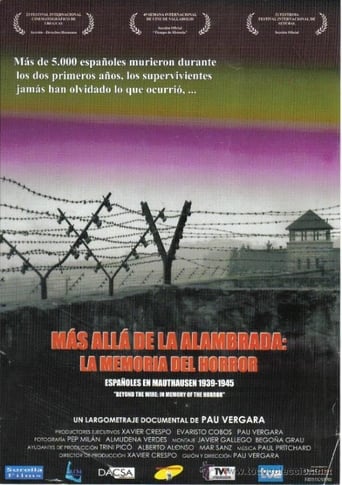
12 Nov 2005

Más allá de la alambrada: la memoria del horror
No overview found
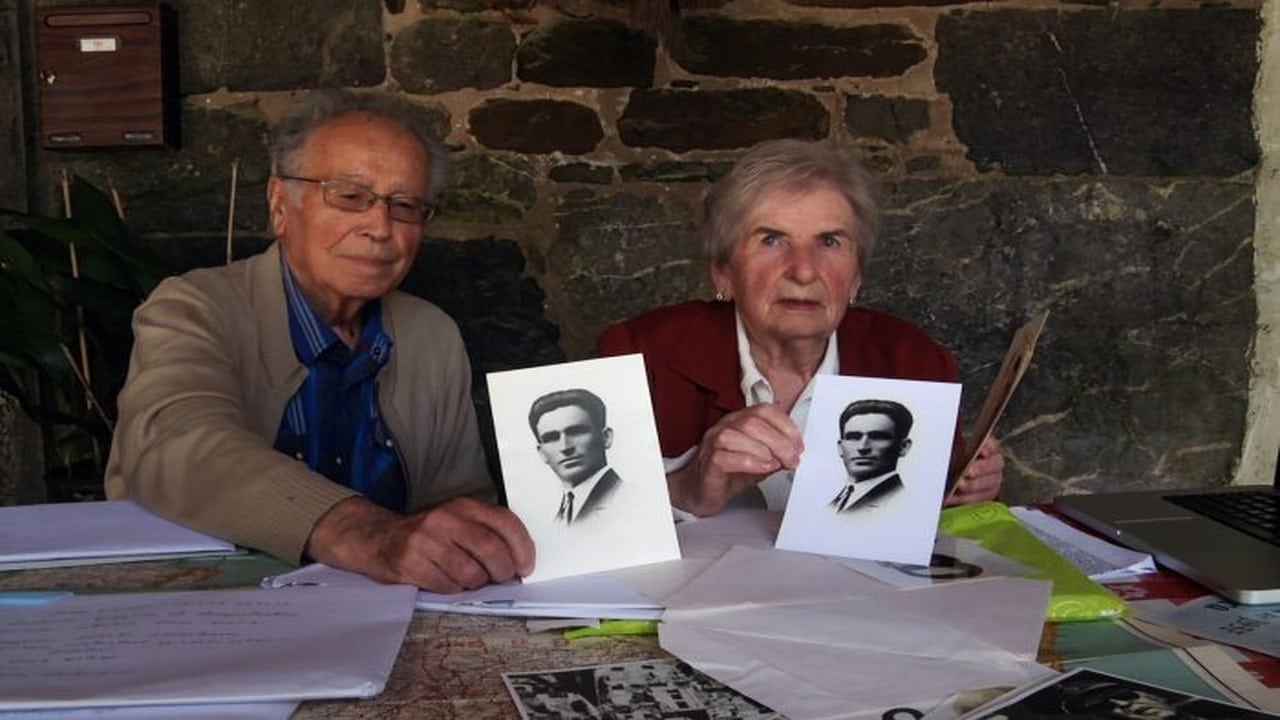
In 2010, an Argentinean judge launched an attempt to prosecute crimes committed during the Franco dictatorship. Will the so-called Argentinean trials become the Spanish Nuremberg?
Franco on Trial is the new film by Dietmar Post and Lucía Palacios. After the success of Franco's Settlers, their first encounter with Franco's dictatorship, they are now setting their sights on one of the darkest chapters of European history: the presumed organized extermination that took place during the coup, the war, and the subsequent dictatorship led by Franco, as well as Argentina's current effort, by invoking the principle of universal jurisdiction, to prosecute Francoists accused of committing crimes against humanity. The film is also a sore reminder of an issue that still stands today: the clear-cut accountability held by Germany, Italy, and Portugal. The film accomplishes to give both sides a voice - those against whom the killing has been directed; and the side of the perpetrators.

Self (archive footage)

Self (archive footage)

Self (archive footage)
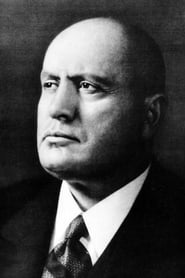
Self (archive footage)

Self (archive footage)

12 Nov 2005

No overview found
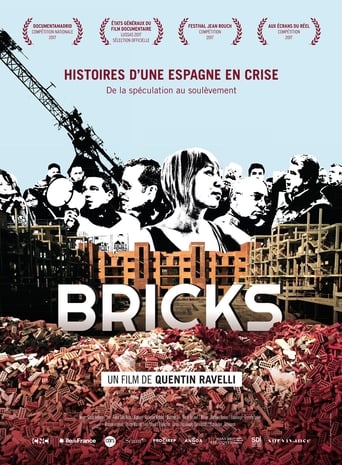
18 Oct 2017

In Spanish, ladrillo means bricks. It used to mean boom, construction, production, speculation. Today, ladrillo means crisis: disused clay pits, factories that are closed half of the year, ghost-towns, subprime mortgagers facing eviction. Bricks shows how the life of a simple commodity can be the mirror of a global crisis, and tells the story of people who come up with individual and collective strategies to overcome a seemingly desperate situation.
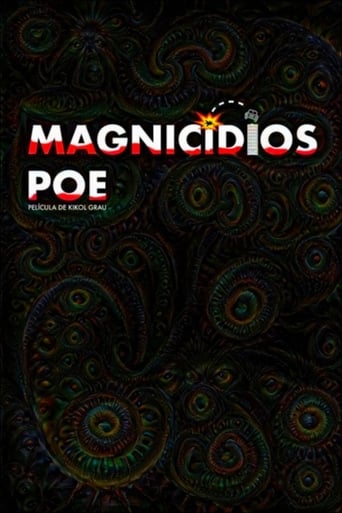
01 Jan 2017

The sarcastic account of the assassination of five Spanish politicians between 1870 and 1973 is mixed with the narration of five short stories by Edgar Allan Poe illustrated by five skillful pencil artists. A documentary, a video essay, a collage, a provocative experiment where various pop culture figures and icons perform unexpected cameos. The macabre joke of a jester. Never more.

14 Oct 1977

Caudillo is a documentary film by Spanish film director Basilio Martín Patino. It follows the military and political career of Francisco Franco and the most important moments of the Spanish Civil War. It uses footage from both sides of the war, music from the period and voice-over testimonies of various people.
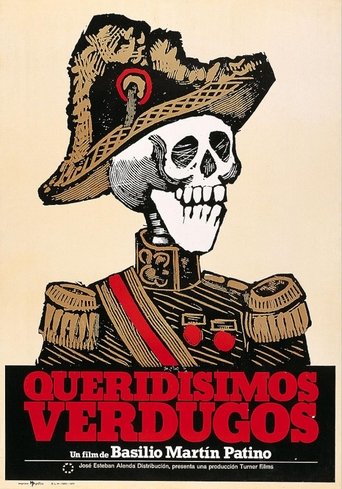
20 Apr 1977

This documentary, filmed clandestinely, is based on several interviews with the executioners who worked in Spain during the early 1970s, as well as families of people executed by them.
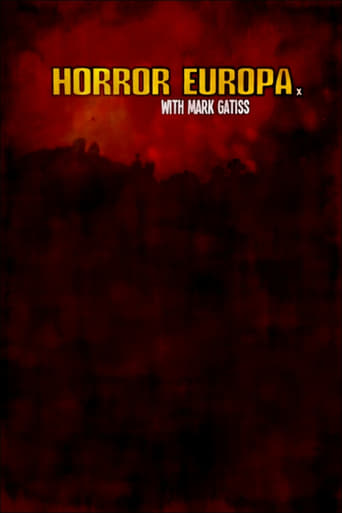
30 Oct 2012

Actor and writer Mark Gatiss embarks on a chilling journey through European horror cinema, from the silent nightmares of German Expressionism in the 1920s to the Belgian lesbian vampires in the 1970s, from the black-gloved killers of Italian bloody giallo cinema to the ghosts of the Spanish Civil War, and finally reveals how Europe's turbulent 20th century forged its ground-breaking horror tradition.
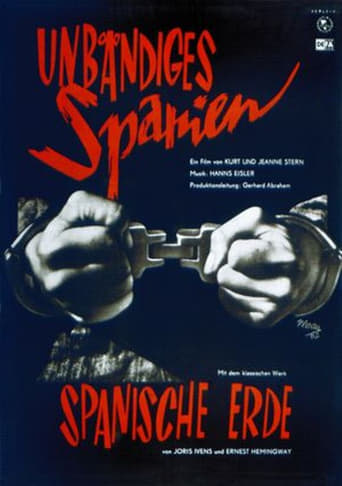
19 Oct 1962

Documentary film about the Spanish Civil War.
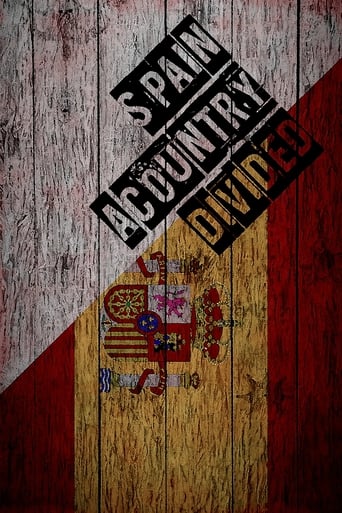
28 Jun 2022

Obsessively referring to the traumas and wounds that the Spanish civil war (1936-39) and Franco's dictatorship (1939-75) caused in their day no longer serves to explain the impassable abyss of incomprehension and hatred that the abject policies and radical positions adopted by both the right and the left in recent decades have opened up before the citizens of a country that is barely known beyond hackneyed cultural clichés.

10 Sep 2016

This gripping, atmospheric documentary recounts the infamous trial, conviction and eventual acquittal of Seattle native Amanda Knox for the 2007 murder of a British exchange student in Italy.
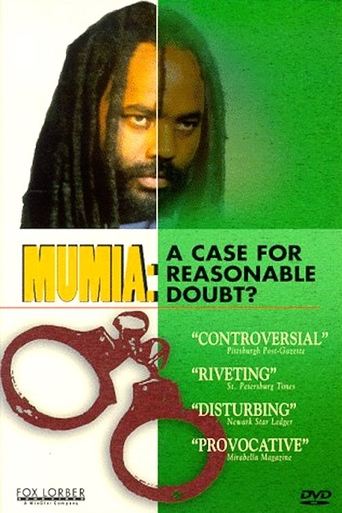
01 Mar 1998

Documentary covering the case of Mumia Abu-Jamal, a black nationalist and journalist in Philadelphia, Pennsylvania, convicted of killing a Philadelphia police officer and sentenced to death in a trial marked by controversial prosecutorial and defense tactics and charges of racism.
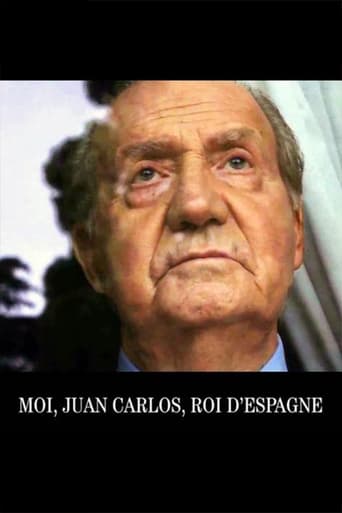
15 Feb 2016

This documentary follows Juan Carlos's life through archive footage and exclusive interviews with the king himself giving his opinion and thoughts to the way history played out.
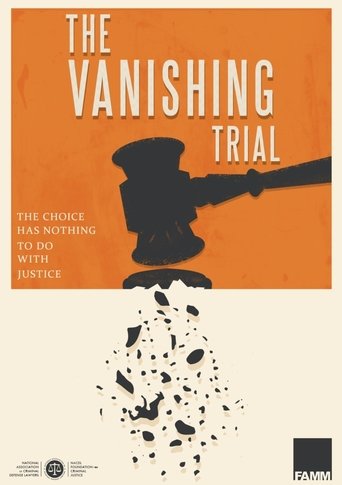

“The Vanishing Trial” looks into “trial penalty,” the term used to describe the substantially longer prison sentence a person receives if they exercise their constitutional right to trial instead of plead guilty. The documentary focuses on four individuals who were forced to make that excruciating choice.
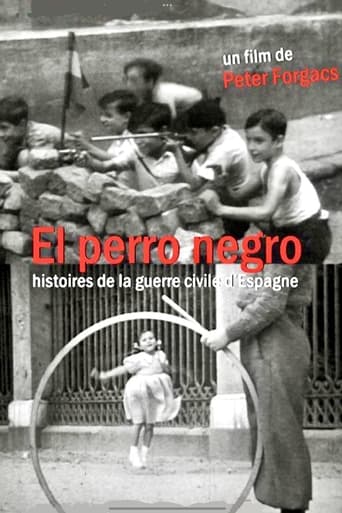
15 Nov 2006

Filmmaker Péter Forgács compiles home movies by a family of Catalan industrialists who have documented their lives as their homeland is besieged by labor unrest, the collapse of the monarchy, the rise of anarchism, and ultimately the Spanish Civil War.
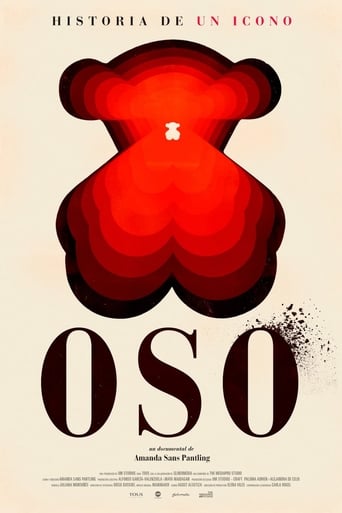
04 Nov 2020

OSO is a journey through the history of a pop icon told by its own protagonists, the Tous family, Spain's most famous jewelers.
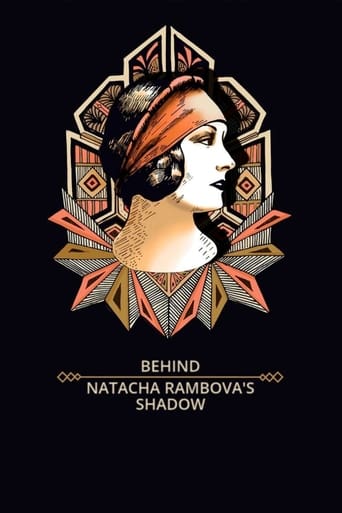
06 Jul 2019

The adventurous life of Natacha Rambova (1897-1966), an American artist, born Winifred Kimball Shaughnessy, who reincarnated herself countless times: false Russian dancer, silent film actress, scenographer and costume designer, writer, spiritist, Egyptologist, indefatigable traveler, mysterious and curious; an amazing 20th century woman who created the myth of Rudolph Valentino.
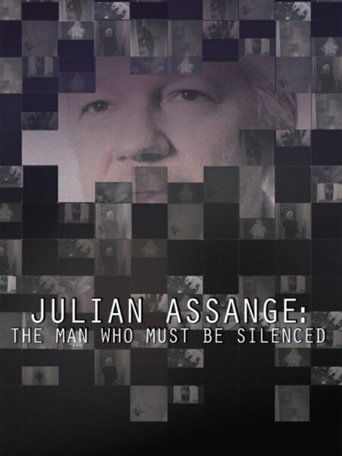
28 Oct 2025

In the spring of 2010, Julian Assange published classified documents that shed a harsh light on the war crimes committed by the United States in Afghanistan and Iraq.
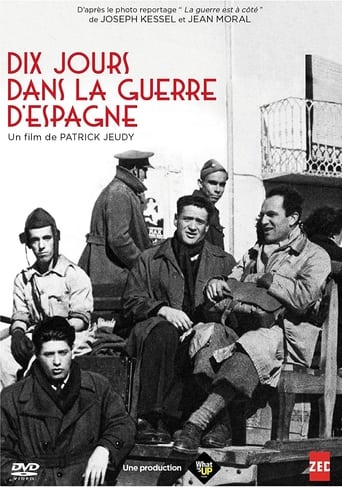
14 Feb 2016

No overview found
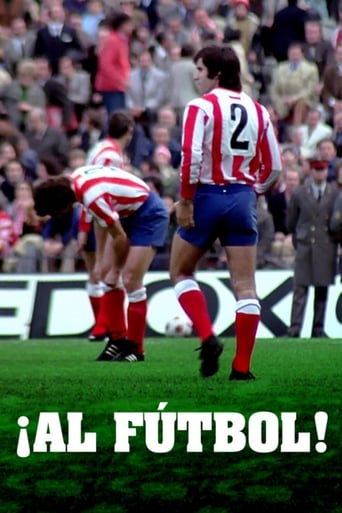
01 Jan 1975

Any given Sunday of 1974 in Spain, soccer games in several stadiums, the sarcastic voice of commentators, the inevitable presence of advertising. Goal! The victors and the defeated.
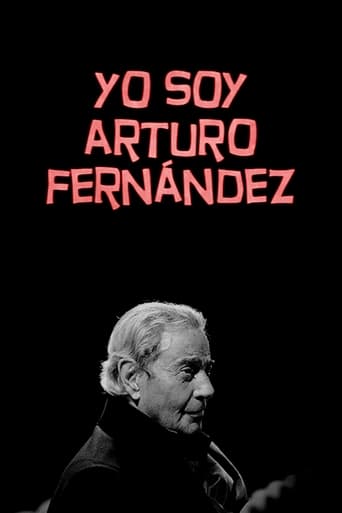
07 Jul 2019

A gentle portrait of the mythical Spanish actor Arturo Fernández (1929-2019) in the hour of his passing, in his own words, through his latest interviews, not previously broadcast, and the words of those who knew him thorough decades of charming and good performance on stage, his true home, as well as in cinema and television.
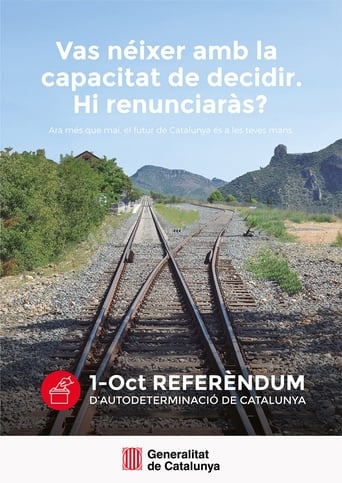
09 Jan 2018

On September 6, 2017, the Catalan regional government called an independence referendum. This propagandistic documentary by the Catalan government collects the experiences of an illegal referendum that led to the virtual independence of Spanish territory and the biggest constitutional crisis in Spain since 1981